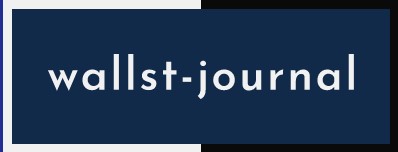Long-term inflation expectations rise, spelling possible trouble for the Fed, survey shows
Customers shop at a Costco store on August 31, 2023 in Novato, California.
Justin Sullivan | Getty Images News | Getty Images
Consumers increasingly doubt the Federal Reserve can achieve its inflation goals anytime soon, according to a survey Monday from the New York Federal Reserve.
While the outlook over the next year was unchanged at 3%, that wasn’t the case for the longer term. At the three-year range, expectations rose 0.3 percentage point to 2.7%, while the five-year outlook jumped even more, up 0.4 percentage point to 2.9%.
All three are well ahead of the Fed’s 2% goal for 12-month inflation, indicating the central bank may need to keep policy tighter for longer. Economists and policymakers consider expectations as a key factor in viewing the path of inflation, so the Survey of Consumer Expectations for February could be bad news.
“Longer-term inflation expectations appear to have remained well anchored, as reflected by a broad range of surveys of households, businesses, and forecasters, as well as measures from financial markets,” Fed Chair Jerome Powell said last week during testimony on Capitol Hill. “We remain committed to bringing inflation back down to our 2 percent goal and to keeping longer-term inflation expectations well anchored.”

Headline inflation as judged by personal consumption expenditures prices, the Fed’s preferred gauge, rose 2.4% in January — or 2.8% at the core level when excluding food and energy. Those readings represented progress in the Fed’s battle, though some economists have warned the “last mile” back to 2% would be the most difficult.
The Fed is expected to hold rates steady when it meets next week, with market pricing pointing to a cut in June followed possibly by three more before the end of the year, according to CME Group gauging of futures markets.
Other inflation measures in the February survey offered some hope.
Most notably, the outlook for rent costs decreased to 6.1%, down 0.3 percentage point for the lowest reading since December 2020. Shelter has remained the most stubborn of the inflation components but one Fed officials think will ease as the year goes on and tenants negotiate new leases.
Elsewhere, the one-year outlook for gas rose 0.1 percentage point to 4.3%, fell by 1.8 percentage points to 6.8% for medical care and was unchanged for food at 4.9%. The outlook for household spending over the next year rose to 5.2%, up 0.2 percentage point.
Respondents also indicated some unease over job prospects. The perceived probability for losing one’s job in the next year rose to 14.5%, an increase of 2.7 percentage points.
